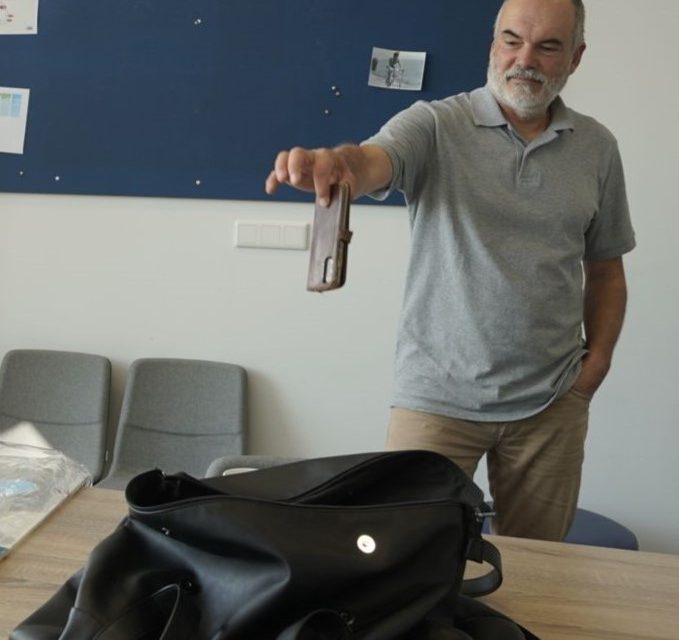As of January 1st, 2024, the Rijksoverheid (The Central government in the Netherlands) announced that Mobile phones and tablets or smartwatches may no longer be used in the classroom in 2024.
The use of mobile phones is not allowed in the classroom.
Dutch students have been banned from bringing their phones to school since the new school year started last month. The Dutch government has decided to ban mobile phones, tablets, and smartwatches in classrooms to help students focus better and avoid distractions. The rule started in secondary schools this January and will include primary schools and special education starting next school year. Schools have been told to follow advice from Kennisnet and the VO-raad to create clear rules, working with teachers, students, and parents.
René Klaassen, a teacher at Dongemond College with 23 years of experience, strongly supports the ban, saying, “It’s a very good decision. I think this decision should have been taken much earlier.” He noted that phones have become a significant source of distraction, and since the ban’s implementation, he has already observed positive changes. “Pupils are more concentrated on the lessons and the content of the lessons,” Klaassen added.

Not all reactions to the policy have been positive. a secondary school student, a secondary school student, called the policy “nonsense,” arguing that students were already required to store their phones in designated phone bags (telefoon-zak). “I just don’t get it,” Jonas said, expressing frustration over what he considers unnecessary enforcement of existing rules. Another student, student, acknowledged the reasoning behind the ban but questioned its effectiveness. “There are still a lot of students who hide their phones and use them during breaks and even in class. Some teachers don’t even care or notice,” Sophie remarked.
Even with these complaints, Klaassen says the rule is helping students interact more with each other. However, he also noted an unintended consequence: “Bullying is now resurfacing in school instead of online through social media,” he said. Moreover, some students have turned to using Chromebooks during breaks, further highlighting the complexities of enforcing the ban. “Now they use their Chromebook during the break. Some people who used to hide behind their phones now hide behind their laptop,” Klaassen observed.
Enforcing the policy remains a challenge. Klaassen emphasized the importance of collective action among teachers. “For the policy to work, all teachers have to implement this rule together,” he stated. “If there are two teachers or colleagues who don’t care, then we have a problem.”
While the phone ban has shown early signs of improving student concentration and reducing cyberbullying, its full impact remains to be seen. Klaassen remains optimistic, saying, “If we continue like this, the results will be positive.” Everyone will be keeping an eye on how this rule changes life in Dutch schools in the coming months.




